Prioritizing Diet & Nutrition in Cancer
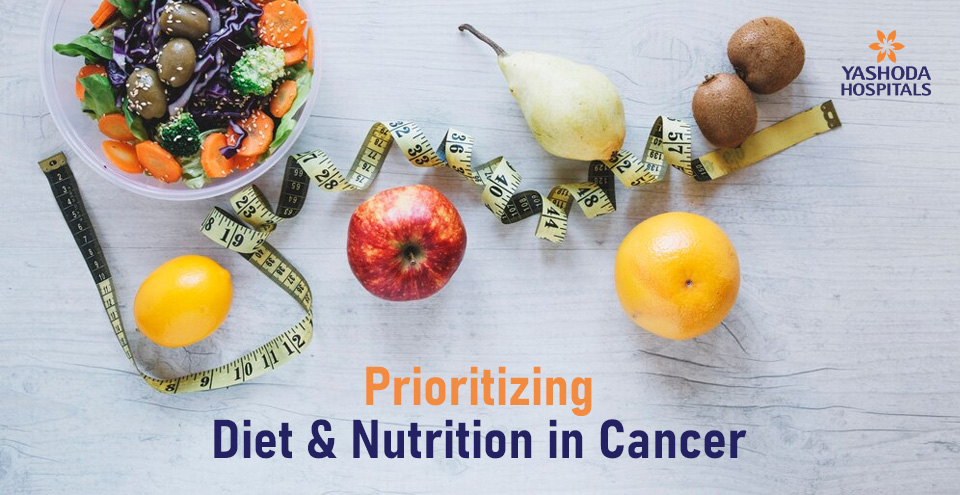
Diet and nutrition play a pivotal role in individuals with advanced illnesses. It helps the body in healthy growth and to replace tissues. For Cancer care, a healthy and well-balanced diet should be a priority. It provides adequate nutrition and is an important part of Cancer treatment. Appropriate nutrition provides patients with the ability to recover between Cancer treatments, and as a result also improves their quality of life. Adopting certain eating habits can also help combat common side effects that may arise from treatments. Thus, making positive behavioral changes as part of an ongoing, life-long process.
What role does nutrition play in Cancer treatment?
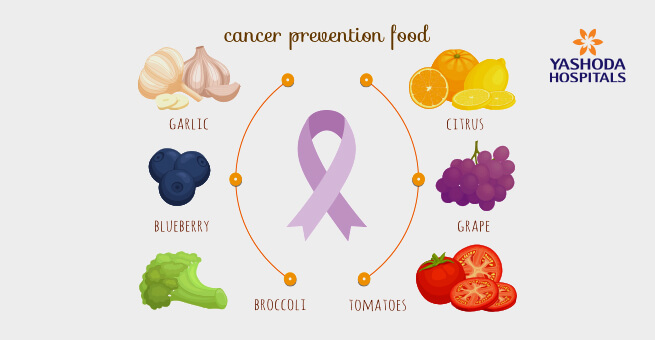
Cancer patients are frequently malnourished owing to direct or indirect effects of surgery, radiation therapy, chemotherapy, and other psychological factors. Maintaining a nutritious diet is an integral part of anti-cancer therapy. The nutrition needs of people with Cancer differs from person to person. The type of Cancer and treatment plan is considered when trying to figure out the best ways to get the right nutrition your body needs. Our Cancer care team at Yashoda Hospitals, Hyderabad can help you identify your nutrition goals and plan ways to help you meet them.
What are the key nutrients for people with Cancer?
The right food can promote strength and overall wellness in patients with Cancer. Our registered dietitians at Yashoda Hospitals who also specialize in oncology nutrition, help form customized plans for Cancer patients ensuring that they receive appropriate nutrition and help them through complex dietary needs. Every Cancer is different; mainly the mechanism of onset and the genetic modifications. A well-balanced Cancer diet with regular exercise is paramount for Cancer prevention and treatment. The main nutrients to focus on during the Cancer treatment are proteins, carbohydrates, vitamins, minerals, fats & water.
Proteins are the building blocks of the human cell. It helps support muscle strengthening and maintenance for resisting infections, recovering from illnesses, and repairing tissues.
Carbohydrates provide fuel for our bodies and energy for life. It is essential to choose whole grains and complex carbs over empty carbs and sweets promote sustainable energy and nutrient-dense foods.
Fat promotes heart health and cholesterol management.
Water is vital, especially if experiencing vomiting or diarrhea, avoid fatty & fried foods, caffeine, sugary drinks & fruit juices, salads, raw foods, and sugary spirits.
Vitamin & mineral may help to provide essential nutrients the body systems need to promote energy.
What is the Diet for Cancer Prevention?
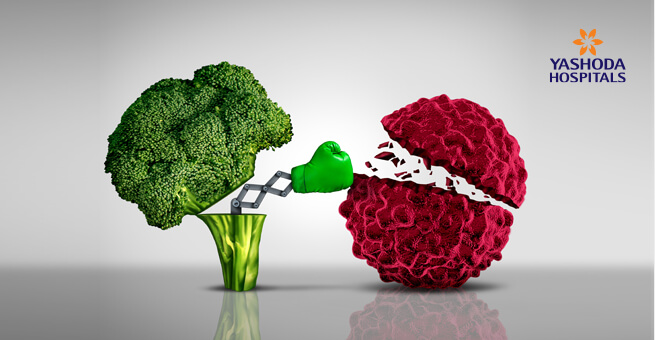
To lower the risk of developing various Cancers, it is important to build your diet around a variety of antioxidant-rich fruits and vegetables, nuts, beans, whole grains, and healthy fats. Simultaneously, try to limit the amount of processed and fried foods, unhealthy fats, sugars, and refined carbohydrates.
Plant-based foods are rich in antioxidants, that help to boost the immune system and protect against Cancer cells.
- A diet rich in fruits reduces the risk of stomach and lung Cancer.
- Eating vegetables that contain carotenoids such as carrots, brussels sprouts, and pumpkin can reduce the risk of Cancers of the lung, mouth, pharynx, and larynx.
- Foods for Cancer prevention can also include starchy foods such as broccoli, spinach, and beans can help protect against Cancers of the stomach and esophagus.
- Eating oranges, berries, peas, peppers, dark green vegetables, and other foods high in vitamin C may also protect against esophageal Cancer.
- Prostate Cancer fighting foods can include foods high in lycopene, such as tomatoes, guava, and watermelon.
Cancer Diet During Chemotherapy
It is recommended that a Cancer patient eats light on the day of chemotherapy. Avoid eating fatty, or spicy foods during the days of chemotherapy.
Diet Before Chemotherapy
Chemo diet before the procedure can include light, bland food such as:
- Yogurt
- Fresh fruits
- Cottage cheese
- Poached eggs and toast
- Toasted bagel
- Cereal & milk (if lactose intolerant)
- Chicken rice soup with saltine crackers
It is advised to bring a small, flat snack during the chemotherapy session. You can also try breakfast with low-acid juices such as apple, grape, and fruit honey, liquid yogurt, fruits, and crackers. Bring a water bottle filled with your favorite drink. Avoid acidic food that can irritate the digestive system. Dr. Sachin Marda, Sr. Consultant Oncologist & Robotic Surgeon (Cancer Specialist) at Yashoda Hospitals, Hyderabad says, “Fruits and vegetables are rich in cancer-fighting antioxidants. In fact, a diet high in fiber is linked with a lower incidence of colon cancer. Switch to organic produce to dodge harmful chemicals and pesticides.”
Post Chemotherapy Diet
Chemotherapy can have certain side effects. Below are some tips to cope with the side-effects of Chemotherapy.
Keep food tasty: Chemotherapy can affect your taste buds especially some food and drinks can taste metallic or unpleasant. The two most common things that become unpleasant during chemotherapy are water and meat. If plain water is difficult to drink, try drinking flavored mineral water or lemon water. If some meats are difficult to eat, try other sources of proteins such as eggs, low-fat milk, beans and fish which helps in fighting Cancer with food.
Fight constipation: Some people get diarrhea with chemotherapy, while others suffer from constipation. Staying hydrated is important to avoid constipation. If you are not used to high amounts of fiber, ensure to increase your fiber in diet slowly.
Control weight gain: Some Cancer patients are more likely to gain weight during treatment. It is suggested to consume low-fat meals, snacks, and lots of vegetables.
Improve appetite: Most people who have had chemotherapy will find themselves hungry. Since carbohydrates are generally well digested, it is recommended to drink hot cereal, peanut butter, or other nut butter, try snacks like pita bread with hummus. Other foods to consider include yogurt and mixed soups.
Reduce diarrhea: If you have diarrhea, avoid fatty & fried foods, caffeine, sugary drinks & fruit juices, salads, raw foods, and sugary spirits. Cancer foods that are well tolerated after chemotherapy are oats, fruits without the skin, sweet potatoes and squash.
Easy to follow tips: Post chemotherapy
- Eat small meals and snacks throughout the day
- Eat low fat foods
- Try cold foods as these give off less odor & aroma and are especially important if you feel nauseous. Hot foods can have more odor, therefore causing an aversion to certain foods.
- Drink fluids frequently to prevent dehydration. It also helps remove some of the byproducts of chemotherapy. Try other sources of fluids such as, Apple and grape juice, Fruit nectars, Low-salt broth, Clear soups, Gelatin, Herbal teas, such as ginger and mint and weak black teas
- Take your anti-nausea medication as prescribed by the healthcare professional.
References:
- Nutrition in Cancer Care.National Cancer Institute. Available online on: https://www.cancer.gov/about-cancer/treatment/side-effects/appetite-loss/nutrition-pdq Accessed on 1st March, 2021.
- The Importance of Nutrition in Cancer Prevention & Treatment. American Society for Nutrition. https://nutrition.org/the-importance-of-nutrition-in-cancer-prevention-treatment/ Accessed on 1st March 2021.
- Nutrition and Healthy Eating. Mayo Clinic. https://www.mayoclinic.org/healthy-lifestyle/nutrition-and-healthy-eating/in-depth/how-plant-based-food-helps-fight-cancer/art-20457590 Accessed on 1st March 2021.
Credits: Sujatha Stephen, Nutritionist at Yashoda Hospitals, Malakpet



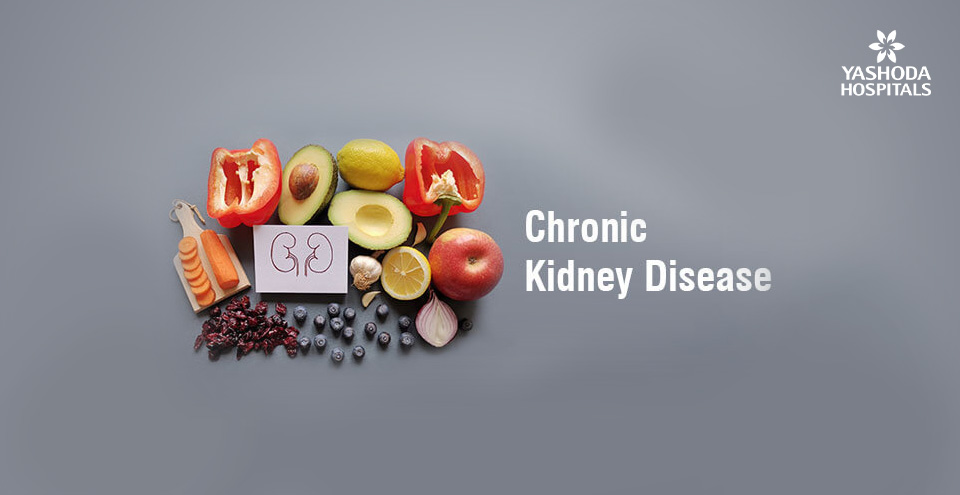
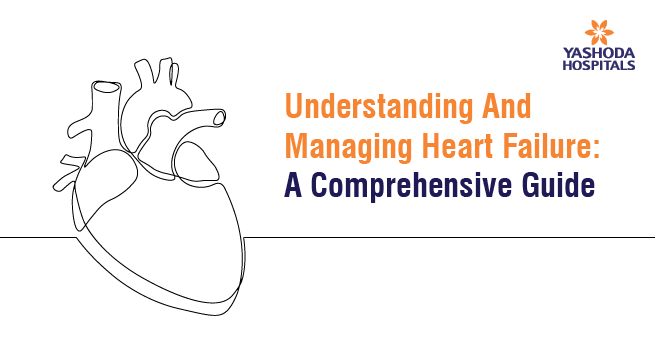
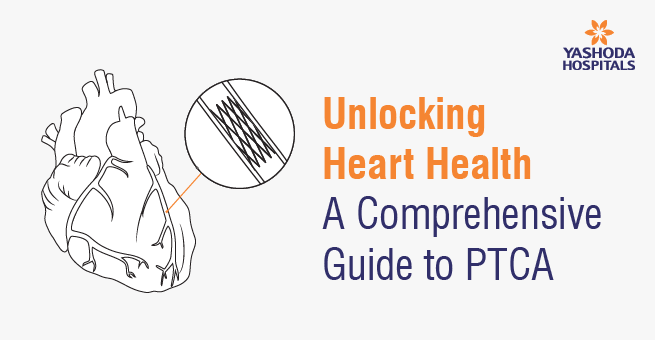
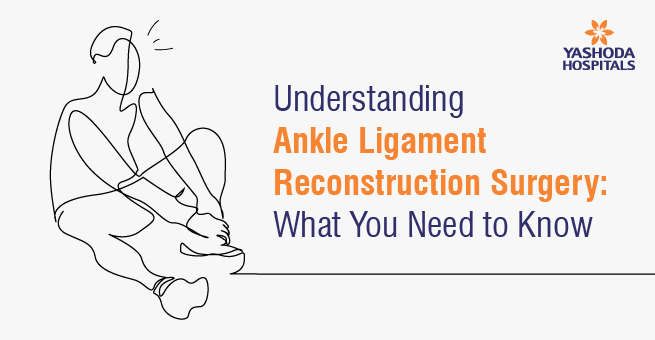
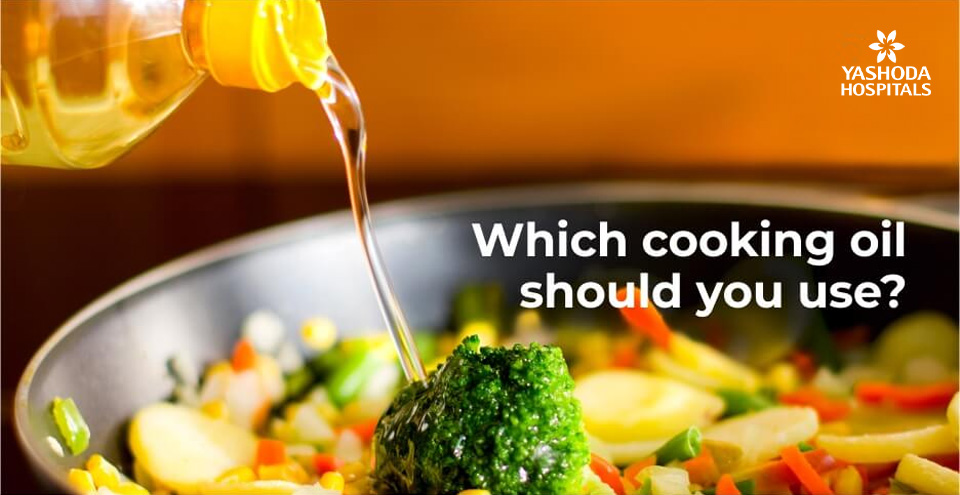
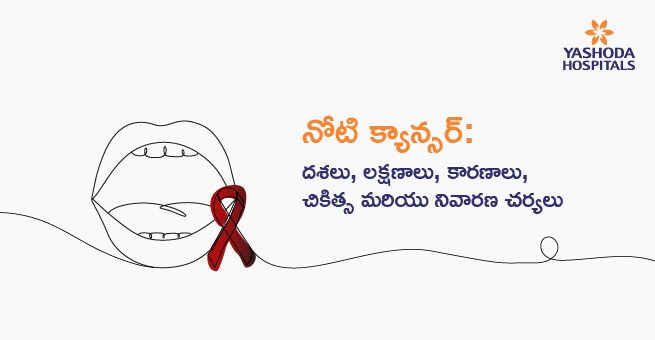
 Appointment
Appointment Second Opinion
Second Opinion WhatsApp
WhatsApp Call
Call More
More





